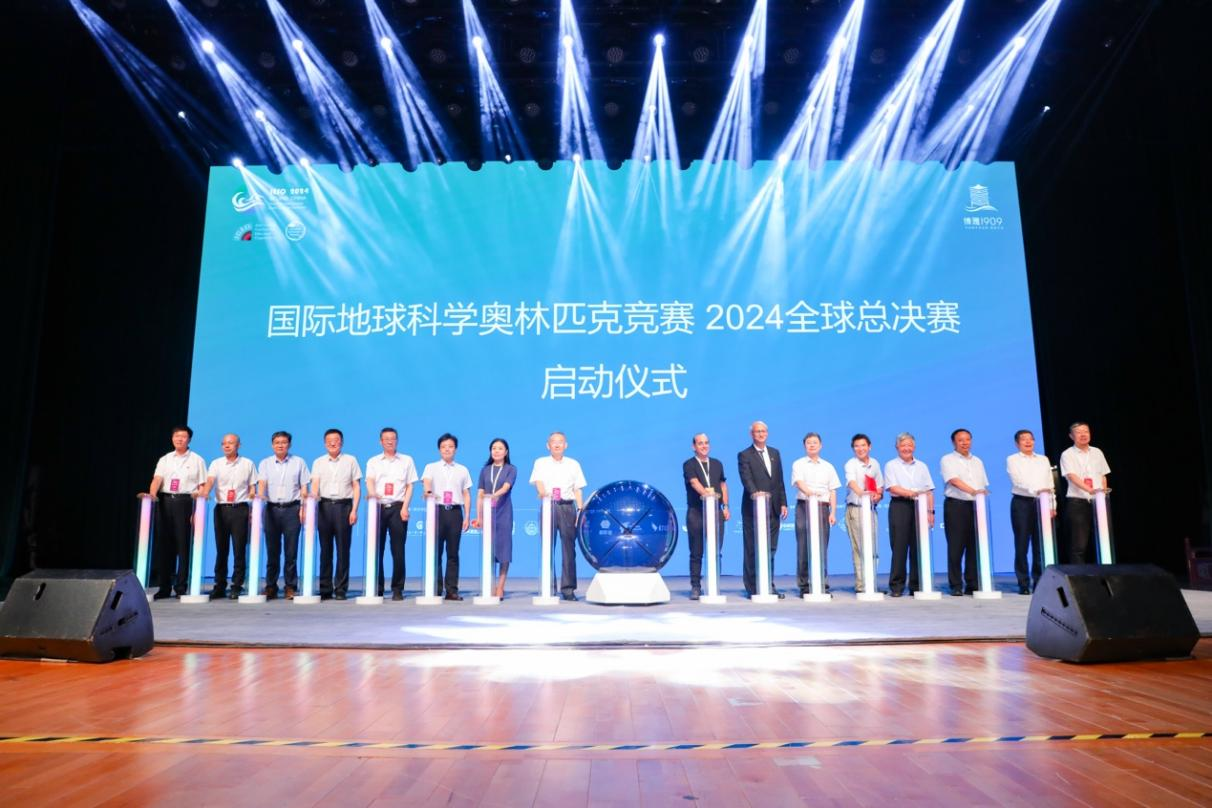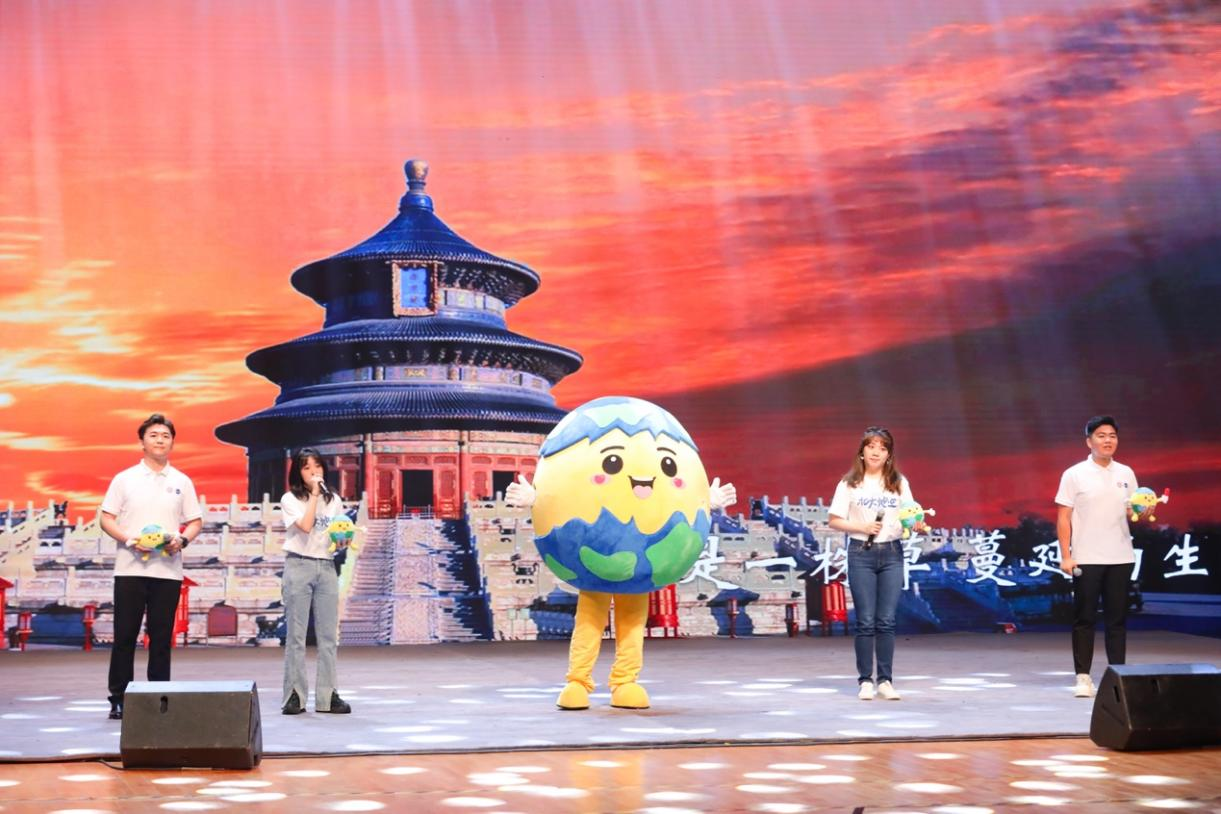Peking University, August 12, 2024: The 17th International Earth Science Olympiad (IESO) Global Finals (“Boya 1909” Cup) opened at Peking University Hall on Aug. 8, 2024. The event welcomes 136 students and 110 teachers from 35 countries and regions. (Check out the full competition schedule here.)
The competition is co-sponsored by Peking University, the University of the Chinese Academy of Sciences, Beijing 101 Middle School, and the Seismological Society of China and marks the first time that the IESO is being held in the Chinese mainland since its inception in 2007.
At the opening ceremony, representatives from the International Geoscience Education Organization (IGEO) addressed critical issues in Earth Science Education (ESE). They highlighted a paradox: despite the urgent need for environmentally literate citizens and the availability of strong frameworks to develop such insights, ESE remains underrepresented in schools globally.
“The IESO covers all geoscience disciplines, focusing on understanding the Earth system. We hope the competition will nurture young talents for the future development of geosciences,” said Jin Zhijun, chairman of the 2024 IESO Committee.
Shen Bing, vice dean of the School of Earth and Space Sciences (SESS) at Peking University, believed that this competition highlights the strong development of Earth science in the Chinese mainland. Since 2016, SESS has selected outstanding middle school students to participate in the Middle School Earth Science Winter Camp and since 2018, SESS has collaborated with Beijing 101 Middle School and the Chinese Seismological Society to organize the National High School Earth Science Olympiad, according to Prof. Shen.
This event is a significant opportunity for talent cultivation and discipline development. By optimizing the talent cultivation model, students’ awareness of Earth System Science can be nurtured from the middle school stage, promoting the overall growth of the discipline.
Earth science, as a comprehensive discipline, encompasses fundamental knowledge in physics, chemistry, and biology, offering young people diverse perspectives to understand natural phenomena. It ignites their passion for science, enhances their scientific thinking abilities, and fosters a habit of scientific inquiry. More importantly, it encourages them to articulate observed phenomena using the language of mathematics and physics, cultivating their logical thinking and scientific expression skills.
Jawad Shabbir contributed to this article.
Written by: Gao Chun
Edited by: Dennis Meng
Source: School of Earth and Space Sciences

